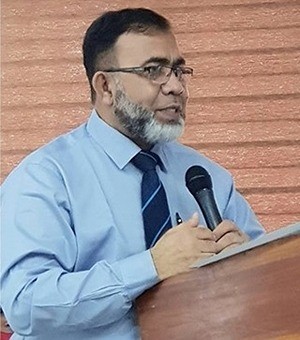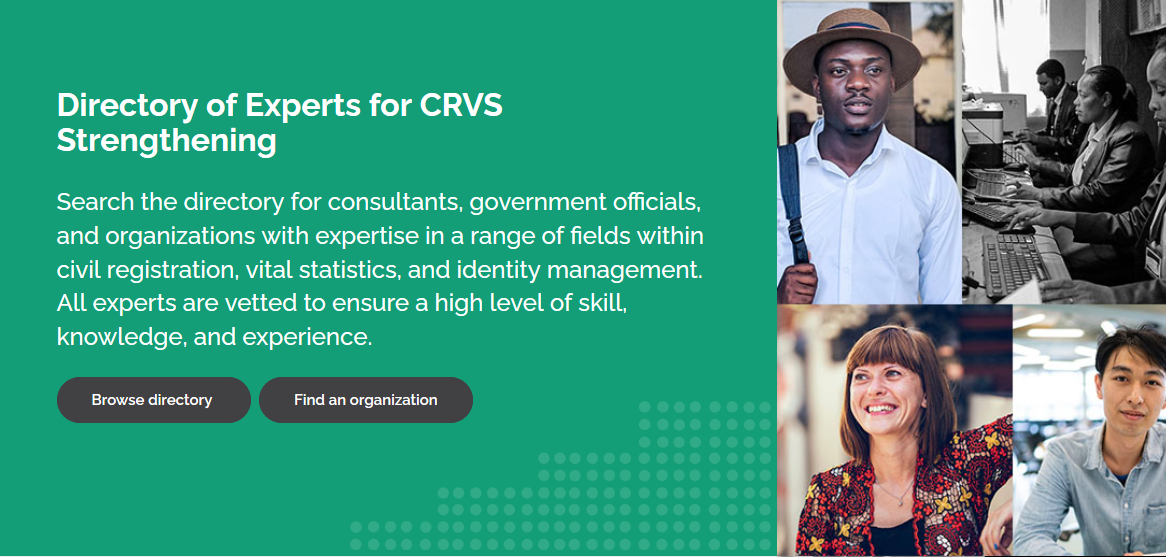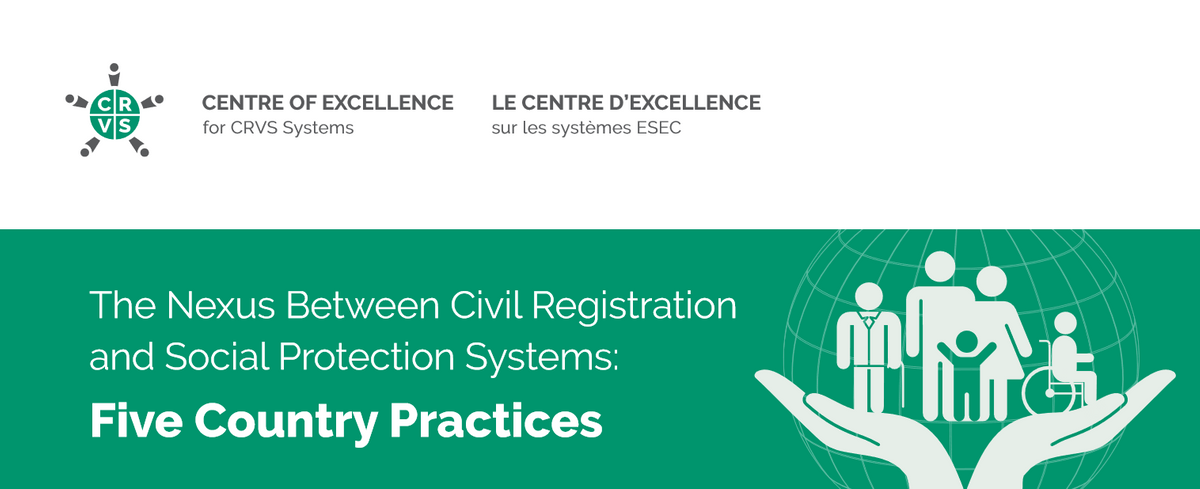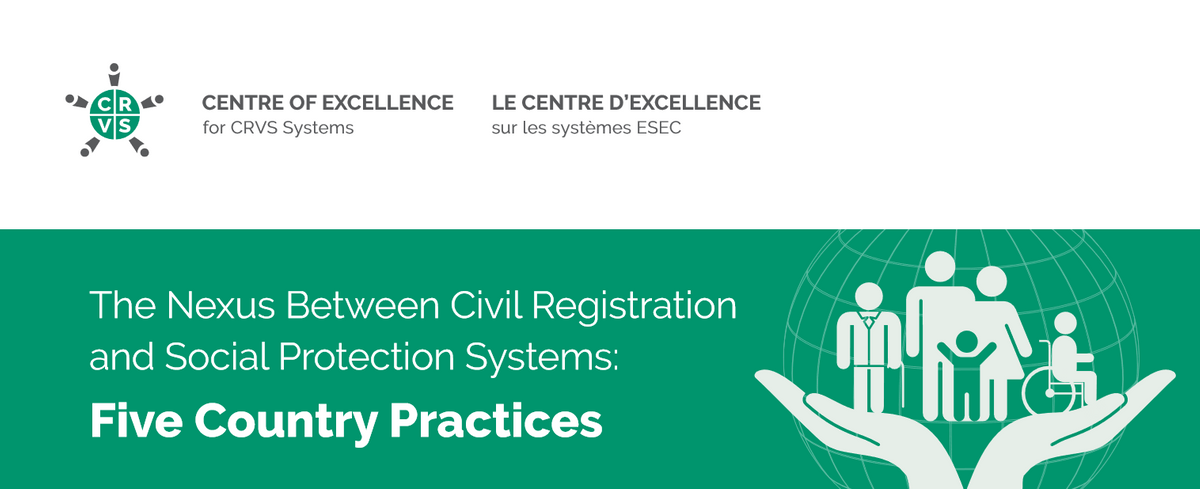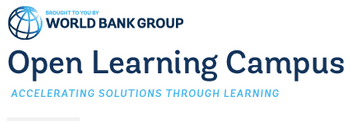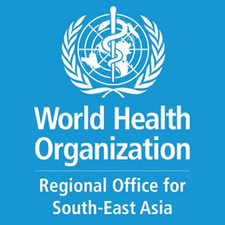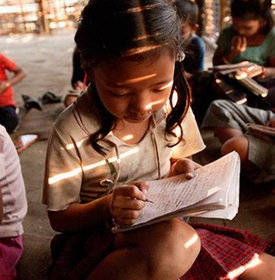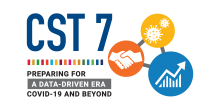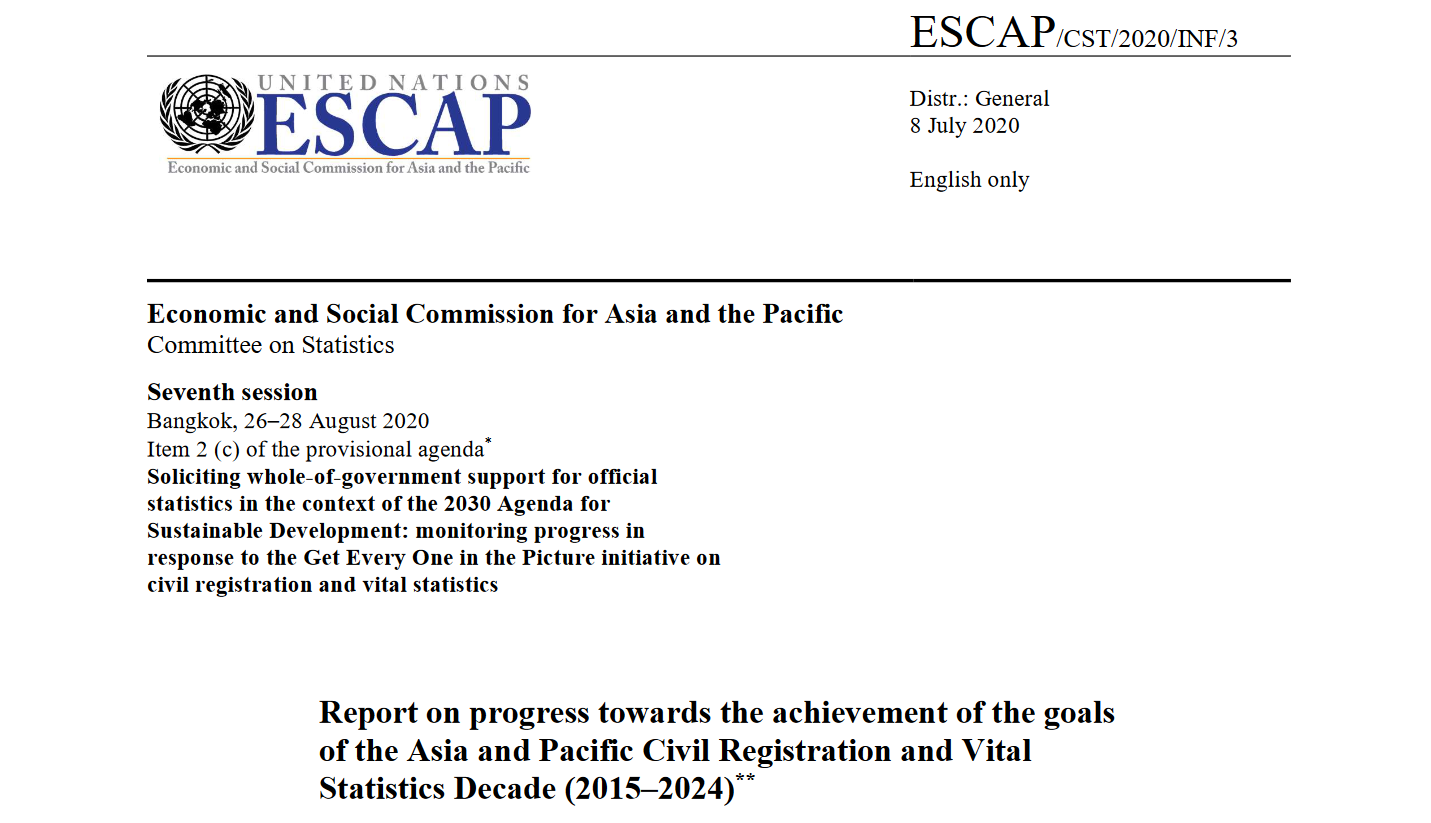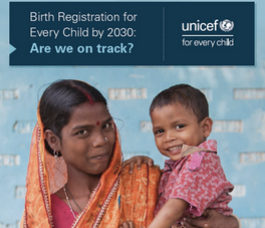Our community newsletter puts a spotlight on people who have gone above and beyond in their efforts to support CRVS programmes in Asia and the Pacific, raise awareness of CRVS issues or lead CRVS improvement efforts in their home country or in the region. This month, we would like to dedicate this issue of Insight to Md. Nazrul Islam.
What is your current title and role?
I have been working at Vital Strategies, a global non-profit organization focused on public health, as a Country Coordinator in Bangladesh since 2020. My role is to oversee and facilitate the implementation of all interventions under Data for Health CRVS Improvement Program with a focus on system improvements. Previously, I was a bureaucrat by profession and ultimately progressed to the position of Permanent Secretary to the government several years ago. My final posting was as Secretary, Coordination and Reforms in the Cabinet Division, where my major responsibilities included governance reforms, institutionalizing performance management and strengthening CRVS systems. During my tenure, the CRVS Secretariat was established in the Cabinet Division. After retiring from the government service, I was appointed by the Honorable President as a Human Rights Commissioner, a role in which I had the opportunity to work on human rights issues linked to civil registration, and legal identity.
Can you please share with us a particular experience which highlighted the importance of CRVS to you?
I had an opportunity to be part of the Bangladesh delegation at the 1st Ministerial Conference on CRVS in Asia and the Pacific in November 2014 in Bangkok, Thailand. I witnessed the issuance of Ministerial Declaration to ‘Get Every One in the Picture’, observed attendees’ support to Regional Action Framework for CRVS and the Declaration of CRVS Decade (2015-2024). I was impressed by the ownership, commitment, and eagerness of the participants for a ‘universal and responsive CRVS system’. Having a background of working on establishing good governance, I was deeply moved by the shared vision of the Ministerial Declaration for ‘realizing rights, supporting good governance, health, and development’.
Later, while working in the Human Rights Commission, I came across many people struggling for legal identity. In one instance, a Bangladeshi being considered as illegal immigrant in a foreign country was facing difficulty in proving his identity due to a faulty birth registration. He could escape the sufferings only after having the birth registration corrected. This is one of many such cases that truly highlights the critical importance of functional and universal CRVS to me.
How are you currently involved in CRVS improvements?
As a Country Coordinator for Vital Strategies, my responsibilities include developing CRVS workplan, providing orientation on government aims and objectives in CRVS to different stakeholders, coordinating with different agencies and service providers to support CRVS system, and overseeing implementation of all CRVS related activities. I am involved in coordinating delivery of CRVS related trainings, supporting scale up of community birth and death registration model, strengthening the health-CR link for more efficient registration, facilitating implementation and scale up of MCCD and ICD coding and automated Verbal Autopsy. Strengthening monitoring and evaluation of progress of the CRVS journey also comes under my responsibility.
Which advice would you give to others trying to improve CRVS systems?
CRVS is a great contributor to the Sustainable Development Goals. If you want to see full implementation of SDGs in your country, work tirelessly for achieving a fully functioning CRVS system, build up teams and communities of practice, identify champions at different levels and inspire them. Engage with the policy makers, show them the benefits of CRVS – you can expect better results. Being a dedicated CRVS ‘activist’ is an excellent way to serve one’s nation better.


